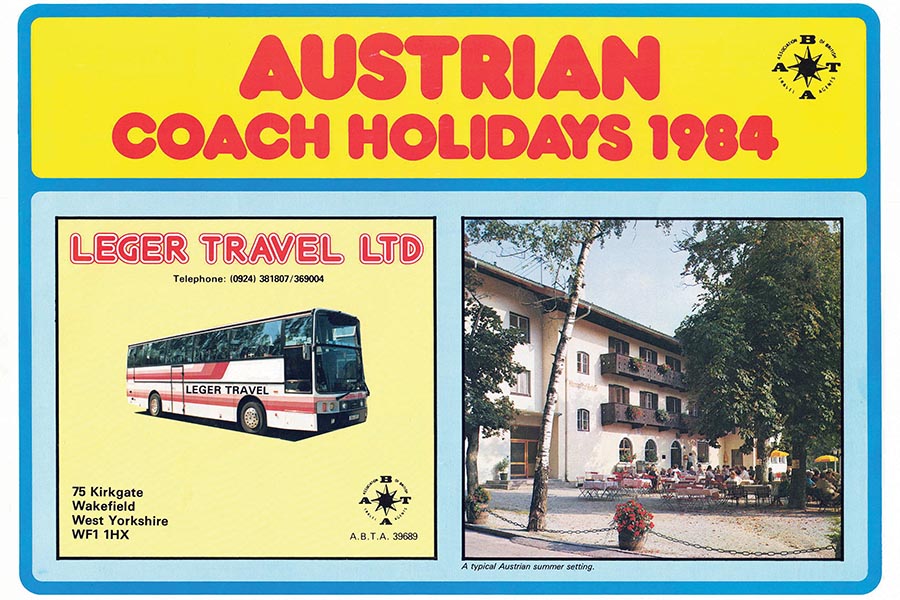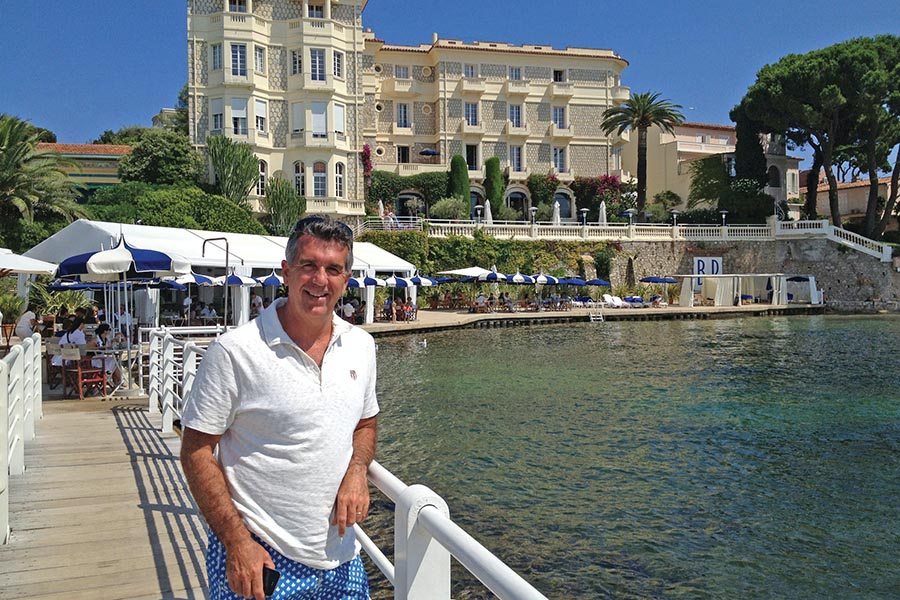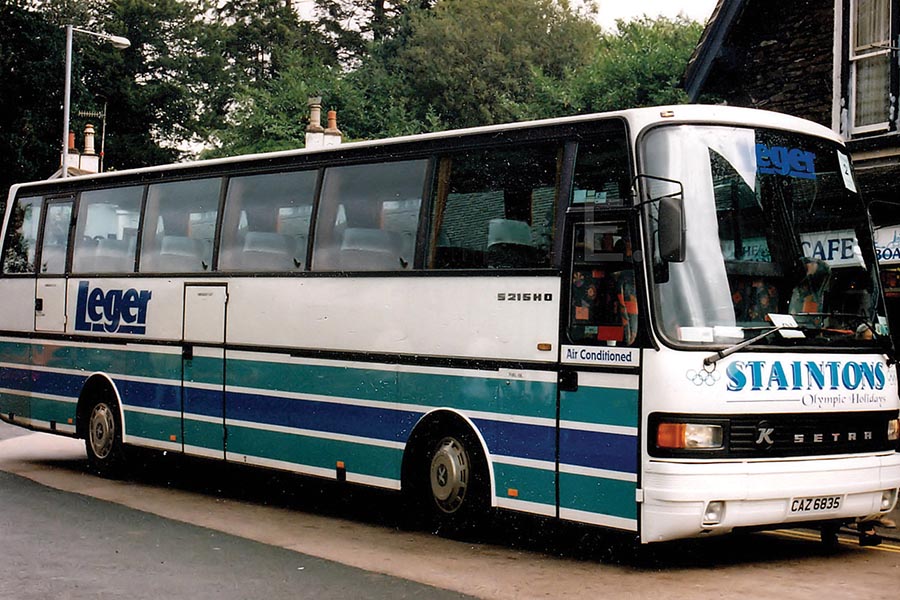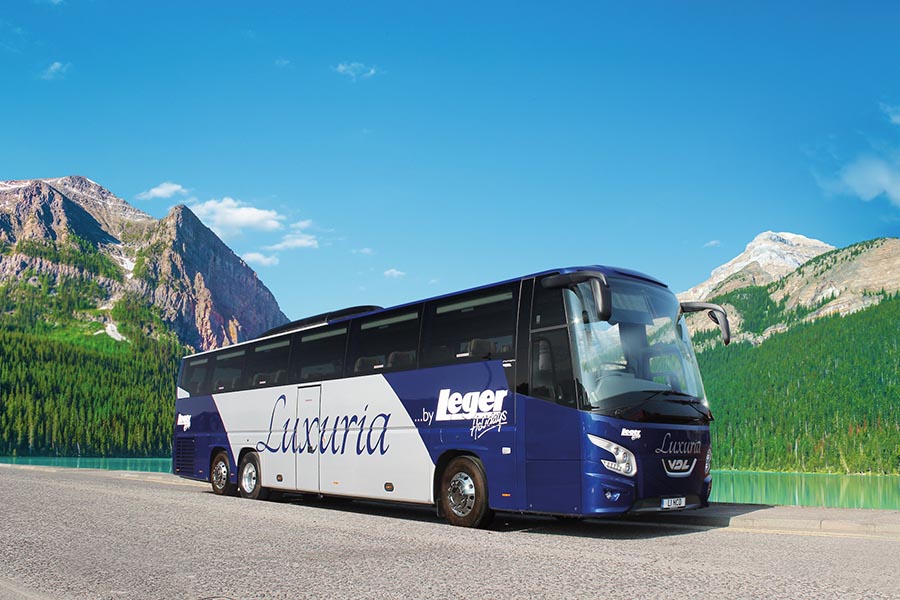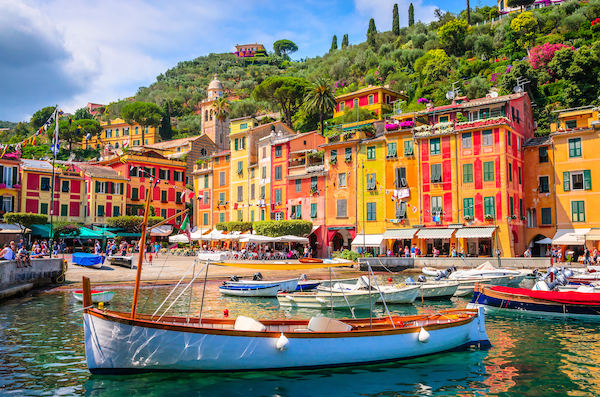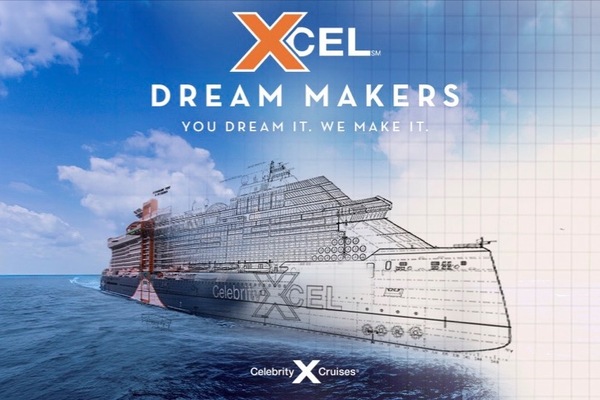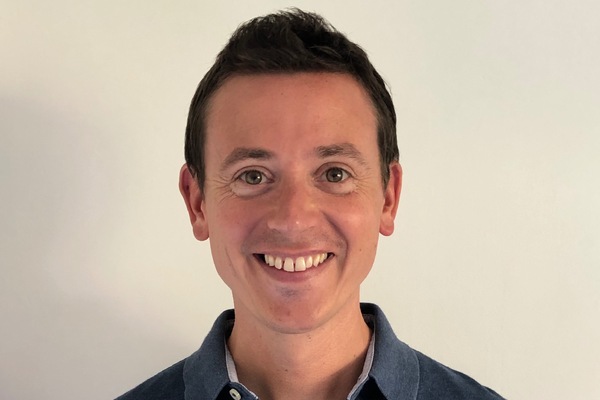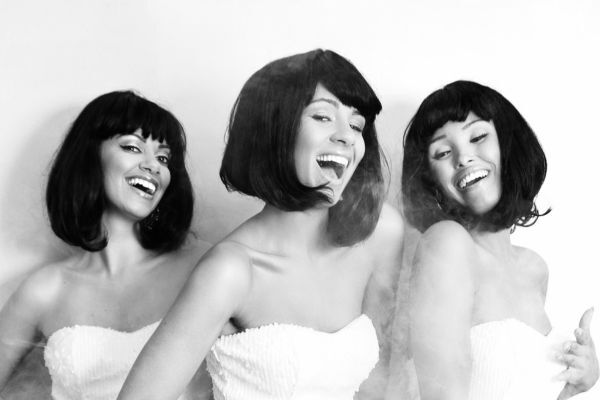‘Austria was £35 for a week!’: Leger boss reflects on 40 years of coach touring
Enduring long waits at borders and bringing your own food was the norm for a European coach holiday in the Eighties – much has changed since Alan Henry founded Leger Holidays. His son, Ian Henry, now part-owner of the business, reflects on its expansion and the evolution of this style of touring
From the fleet to the itineraries, much has changed in coach travel over the past 40 years, and my family business Leger Holidays is well placed to pinpoint the milestones.
LEGER HOLIDAYS’ OPERATION
1980s: My dad, Alan Henry, had a travel background and he set up the business in 1982, advertising European coach tours in regional newspapers. I was away at university and I came home to find a telex machine in my bedroom at Christmas. I would help process tickets and send room lists to hotels during my holidays – tapping codes into the telex machine. I qualified as a chartered accountant, but found that a bit dry, so I joined the business in 1989 when we had 20 staff and more than £6 million turnover. The business experienced some trauma when we bought tickets to Oberammergau in good faith from a fraudster, but still had to refund customers for holidays booked. Dad died suddenly aged 54 and I was left with an insolvent company to manage. I raised £1 million from private equity, securing the money the day before I turned 30.
Now: After the private equity investment, I built the business before selling it to Airtours plc in 2000. I bought it back two years later, again with the help of private equity, but over the years gradually took it back into full private ownership. The current management team now own 30%, led by chief executive Liam Race, and there’s a plan to take the business forward when I retire. During Covid we didn’t run a coach tour for two years. While we were looking to launch a UK Leger programme, Shearings went into liquidation, so we took the decision to buy the brand and its database. It felt like a brave move, because we still didn’t know the outcome for travel post-Covid, but it gave us the UK programme we desired. Then in September 2022 we acquired Arena Travel and a number of sub brands, making us the UK’s largest escorted touring company. The business is coming back strongly and we see huge potential in all our brands. The 55-plus age group is a growing demographic and we offer a greener way to travel, compared with flying and self-drive holidays. The business started as a direct-sell operation, but for more than 25 years we’ve been working closely with travel agents and will continue to do so – the trade has been really supportive.
THE COACH PRODUCT
1980s: The first touring coaches had big bumps in the middle where the wheels were. In the early 80s, Highliner coaches were introduced, which lifted the frame off the ground, above the wheels, so they bounced around less. But there was no air con, and in Europe in the height of summer it would be 10°C warmer inside the coach. And people smoked on coaches. It was an “advancement” to create a smoking section at the back.
Now: The standard of coaches is much higher now, with modern air con systems and toilets onboard. Leger’s Luxuria coaches are the equivalent of flying business class, with armchair-style seats, power sockets and seatback TV screens. Leger’s Silver Service is more akin to premium economy, and Shearings’ executive coaches are similar to long-haul in economy.
POPULAR DESTINATIONS
1980s: Leger’s first tour was to Austria. This was typical of the early days when Dad focused more on rural and mountain scenery. Cities expanded later. Our third destination was the Harz Mountains and West Berlin. We travelled along the Berlin Corridor from West Germany to East Germany to stay in West Berlin, where our customers could go to the Wall and peer over the side to see how the other half weren’t living. The tours involved long border crossings with checks carried out by Soviet guards. When the Iron Curtain came down in 1989, that opened up new destinations for us such as Prague and Budapest, which were previously off limits.
Now: The gradual abolition of European border controls thanks to the Schengen Agreement was also a game-changer, because it meant we could travel further afield – in the 80s our coaches spent a lot of time waiting at borders. Motorways have also made a big difference – the M25 made it easier to reach English Channel ports, and French motorways also made the journey quicker so we cover more ground on the first day now. These days we’re sending people much further afield – we go all the way to Morocco, Greece and the Arctic Circle on coaches from the UK!
ITINERARY DETAILS
1980s: We’ve always had two drivers on every coach, but back in the day, the one who wasn’t driving would do the guiding, working from a guide book. Excursions were predominantly walking tours. In the 1980s we used family-run hotels and we still favour those today. But guest rooms wouldn’t necessarily have their own bathroom; the facilities would be shared. It was considered an upgrade to book a room with private facilities.
Now: Nowadays there’s more legislation and the spare driver rests when he’s not at the wheel. And customers are more discerning so we employ step-on guides who have more local knowledge and insight. Excursions are more immersive, such as a cookery demonstration or perfume factory tour. Our battlefield tours are among the most immersive, and we’ve helped created scale in that market, which shows no sign of waning.
THE VALUE PROPOSITION
1980s: Our first Austria tours cost £35pp for a week. They were a lot cheaper back then, but there are many more inclusions now. Customers used to bring a lot more of their own food – service stations were few and far between. Some people would bring enough food to last three or four days!
Now: Nowadays our Austria tours start from £739pp for a week. When you consider today that all travel, most food, accommodation and sightseeing is included, coach tours offer very good value, and certainly when compared with doing it yourself. We’re all about offering quality holidays and helping people discover some amazing places.
